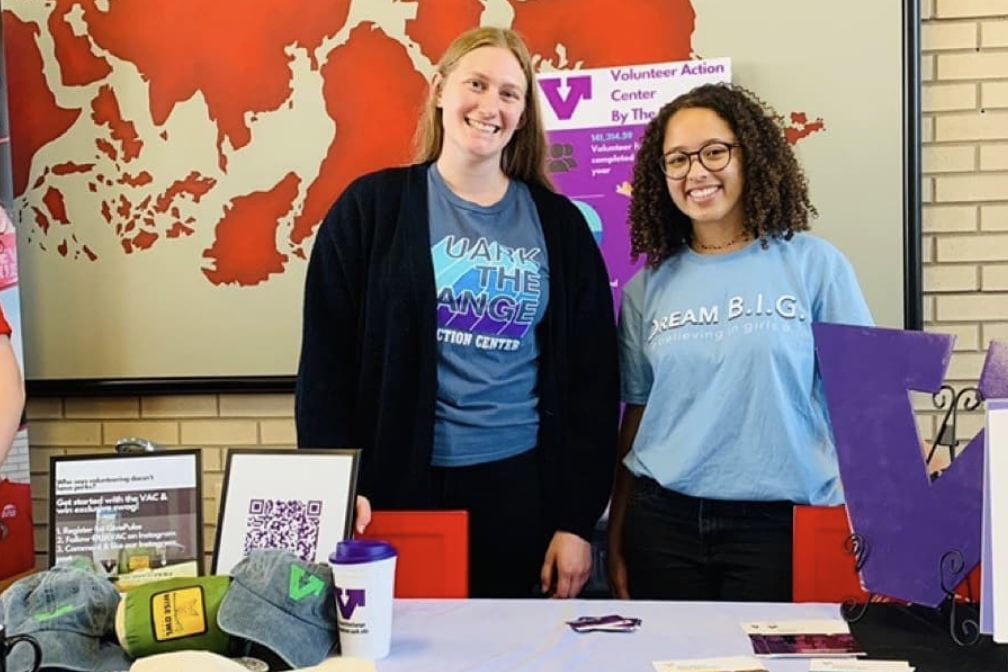You’re a young, eco-friendly, socially savvy college kid.
You care about the planet. You don’t want the polar bears to drown or the penguins to sweat, so you turn off the lights when you leave a room and you recycle.
You care about society. You’re tired of all the bigotry in the world, so use your respectable social media presence to promote love and equality.
You care about your health and animals, so you drink almond milk and describe yourself as a “flexitarian”.
You care about authenticity. You wear joggers or leggings to class ’cause you know it’s not what’s on the outside, but the heart that counts, and the Man’s not gonna convince you otherwise.
Bottom line: you’re pretty cool. But did you know you could be even cooler?

The experts in sustainability recognize it is impossible to have a healthy society in a disconnected community. Community connectivity is necessary for a thing called “resilience”, which is basically a measurement of a community’s ability to cope with change and trouble. Strong communities, where the members know each other and work to meet each others needs, are much more likely to survive and thrive when they encounter things like climate change driven disasters and social upsets. A great way to personally foster this kind of community is by volunteering.
Volunteering not only allows you to give back to your community, but also connects you to members of the community you likely wouldn’t meet otherwise, creating an interconnectivity that is a major part of community health. How cool is that?

For this reason, the Center for Community Engagement (CCE) was established in 2011 to “serves as a catalyst between the campus and the community, creating ‘a door’ for local nonprofits to engage students as volunteers in their programs.” The CCE’s mission is to “empower students through service to change the world” by “cultivating students’ strengths”, teaching them to identify societal needs and “empowering them to create solutions to those needs through service.”

Over the past 7 years, the CCE has helped thousands of students connect with the NWA community through volunteering. They help students, as well as groups such as Greek chapters and RSOs, track the hours they volunteer through their GivePulse page.
Students especially passionate about volunteer work and nonprofits can take their game a step up and join the Volunteer Action Center (VAC). The VAC board consists of 43 students and functions similarly to a nonprofit organization’s board of directors. These students focus on engaging other students in volunteering and manage the UofA’s 4 signature volunteer programs.

The 4 signature programs are divided into two categories: Mentoring and Food.
The Mentoring programs focus on empowering young people in an educational setting.
Dream B.I.G.(Believing in Girls) is a student-led program where U of A students serve as mentors to 6-7th grade girls from a partnership school in Arkansas. The college volunteers lead monthly education sessions with girls and host an overnight empowerment camp in the spring. Dream B.I.G. “strives to promote self-esteem, goal-setting, team work, pursuit of higher education, and motivation to succeed and overcome challenges.” Apply to be a Dream B.I.G. mentor here.

VAC Literacy Program partners UofA volunteers with a student at a local elementary school. The UofA student meets with the elementary student for an establishes a 1.5 hour weekly meeting time where they do curriculum-based activities with a goal of “create[ing] personal and intellectual growth for both college-aged and elementary students through meaningful relationships, stimulating curriculum, and an alternative learning experience.” Apply to be a mentor here.
The Food programs focus on assisting the food insecure of our community while eliminating food waste.
The Jane B. Gearhart Full Circle Food Pantry (FCP) was founded in 2011 by UofA students who became aware of their peers’ struggles with hunger and wanted to help. Serving only 12 people in its first month, FPC now serves average of 200 students, staff, faculty and their households each week. FPC strives to not only provide meals, “but provide balanced nutrition in a dignified, friendly environment to any UARK community member.” Volunteers commit to two hours weekly and can apply at this link.

Razorback Food Recovery, a particular favorite of the OFS, was created in 2014 by students who wanted to eliminate both food waste and hunger in our community. 15.3% of Washington Country residents are food insecure. According to the VAC, “the numbers increase dramatically on campus with 38% of undergraduate students and 48% of graduate students not knowing where their next meal is coming from.” To date RFR has recovered over 123,000 pounds of food from being thrown away and redistributed it back into our campus and community. Find out more about volunteering with RFR here.
These 4 signature programs are an excellent way to get involved, but they are far from the only volunteer opportunities available.
The CCE is connected to over 200 non-profits in NWA so students have hundreds of volunteer opportunities on and off campus to choose from. Everyone can find an opportunity that works for them.

As an added bonus, the VAC has an incentive program, Get Your 10. Once you logs 10 hours of service through the UofA GivePulse, you become a VAC member and receive a perks card which provides discounts at participating NWA businesses. As you gain more volunteer hours (10, 25, 50, 75, 100, and 200+) you are eligible for additional perks. Yes, this means local businesses will reward you for playing with cats.

